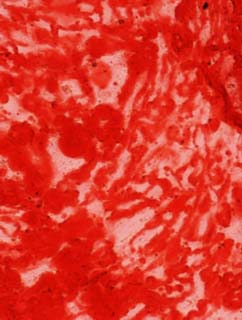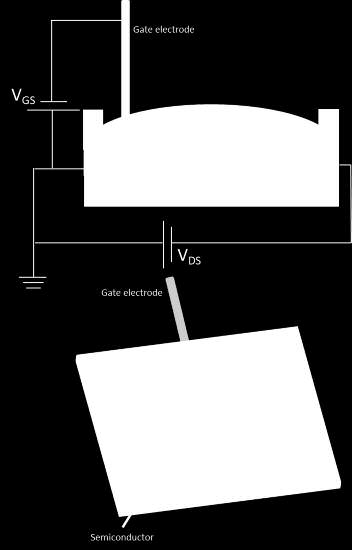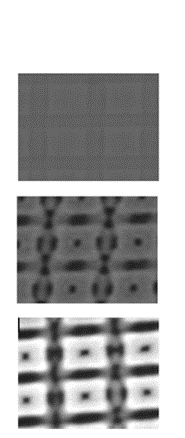CK-1, an innovative target for the treatment of ALS Casein kinase 1 enzyme, a kinase protein, is involved in numerous regulatory processes which are closely associated with many diseases: transoceanic syndrome, sleep disorders, multiple sclerosis, Crohn’s disease, bipolar disorders, depression, Alzheimer’s disease, frontotemporal dementia, glaucoma, pigmentary retinopathy, Parkinson and also CK-1 takes part in regenerative processes, such as cell regeneration in retina. TDP-43 protein (TAR-DNA-Binding protein 43) is responsible for the appearance of abnormal protein aggregates in the cytoplasm of motor neurons from patients with ALS. The CK-1 enzyme promotes this aggregation by hyperphosphorylation of TDP-43. Therefore, its inhibition may be key in the treatment of ALS. These benzothiazole derivatives inhibit effectively CK-1 enzyme. The inhibitory activity measurement was performed by employing the luminometric method of kinase-glo® with recombinant human enzyme CK-1δ. IC50 (concentration that inhibits 50% of activity) in vitro of the best compounds are in the nanomolar range (10 – 47 nM).
Henry Louis “Lou” Gehrig career was dramatically cut short when he was diagnosed with ALS, the terrible disease that bears his name in USA.
Main innovations and advantages
· New benzothiazole-benzylamides characterized by an inhibition potency of · CK-1 enzyme in the nanomolar range.
· Benzothiazole compounds are a promising alternative in the search for treatments for currently incurable diseases · They are able to cross the blood brain barrier, an essential property for any drug which has to act in the brain.






